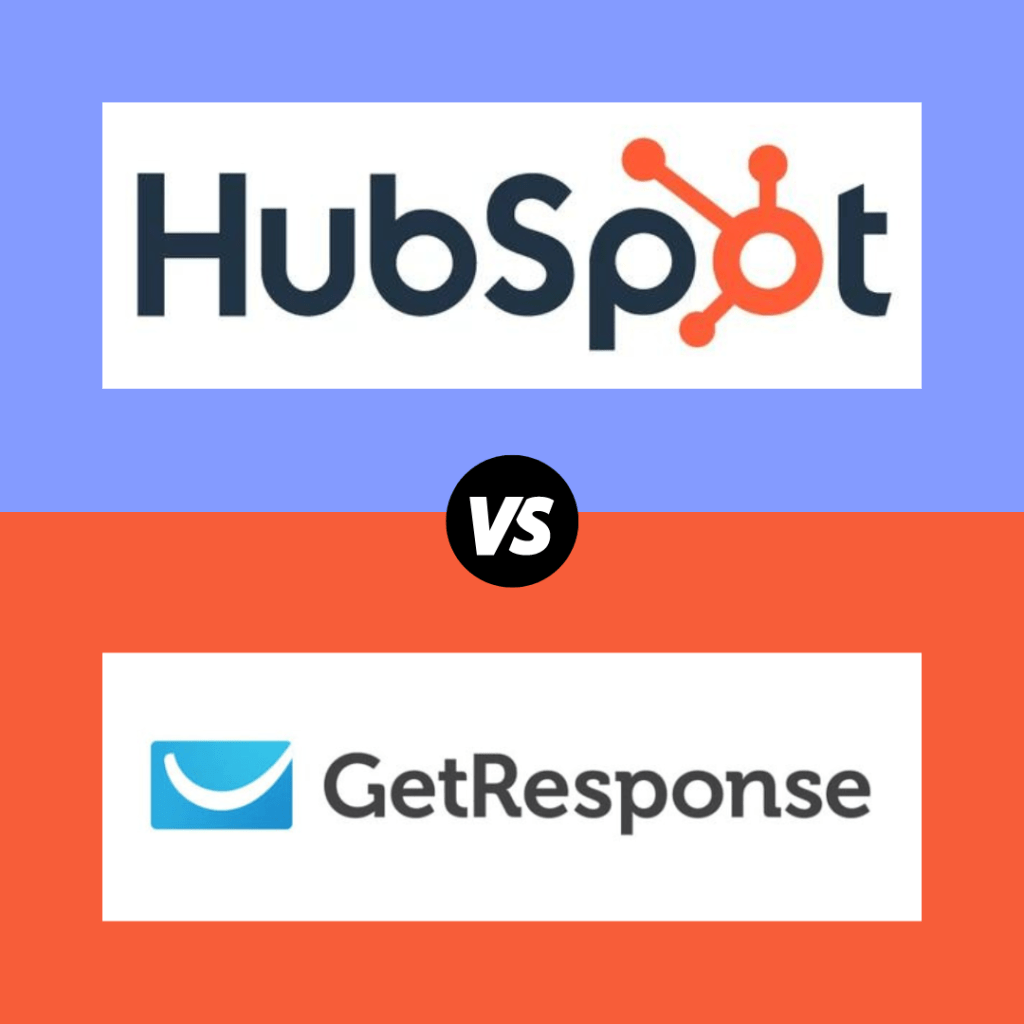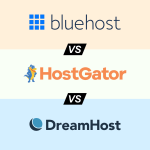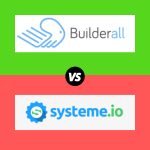Choosing the right marketing platform is critical for growing your business. Two popular options are HubSpot Marketing Hub and GetResponse. Both platforms offer powerful tools for marketing automation, email campaigns, and customer engagement, but they cater to different types of users. This review will compare HubSpot Marketing Hub and GetResponse, focusing on their features, pricing, pros, and cons. By the end, you’ll have a clear understanding of which platform aligns better with your business needs, goals, and experience level.
Overview of HubSpot Marketing Hub and GetResponse
HubSpot Marketing Hub
HubSpot Marketing Hub is an all-in-one marketing platform designed for businesses of all sizes. It offers a comprehensive suite of tools, including email marketing, social media management, landing pages, CRM integration, and more. HubSpot is well-known for its scalability, making it suitable for small startups and large enterprises alike. It’s particularly strong in lead generation, content management, and analytics.
GetResponse
GetResponse is a versatile email marketing platform with additional features for marketing automation, landing pages, and webinars. It’s often chosen by small to medium-sized businesses looking for a robust but cost-effective solution. GetResponse excels in its user-friendly interface and affordability, making it accessible for users with varying levels of technical expertise.
Feature Comparison
| Feature | HubSpot Marketing Hub | GetResponse |
|---|---|---|
| Email Marketing | Advanced email marketing with automation, segmentation, and personalization. | Powerful email marketing with automation and A/B testing. |
| CRM Integration | Seamlessly integrates with HubSpot CRM and third-party CRMs. | Built-in CRM with basic features; integrates with external CRMs. |
| Marketing Automation | Sophisticated workflows, lead scoring, and advanced triggers. | Easy-to-use automation builder with pre-made templates. |
| Landing Pages | Customizable landing pages with drag-and-drop editor and analytics. | Includes a drag-and-drop editor with mobile-responsive designs. |
| Social Media Management | Full social media management with monitoring and scheduling. | Basic social media tools, focused on ads and integrations. |
| Webinars | Not available directly; integrates with third-party tools. | Built-in webinar hosting with marketing automation. |
| Reporting & Analytics | Detailed analytics with custom reporting and dashboards. | Comprehensive analytics, but less customizable than HubSpot. |
| Pricing | Starts free, scales up to $3,200+/month based on features and contacts. | Starts at $15/month, scaling with features and contacts. |
| Support | 24/7 support via chat, email, and phone; extensive knowledge base. | 24/7 live chat and email support; webinars and tutorials available. |
| Ease of Use | Requires a learning curve, but very powerful once mastered. | User-friendly interface; easier for beginners to get started. |
Pros and Cons
| Platform | Pros | Cons |
|---|---|---|
| HubSpot Marketing Hub | – All-in-one platform with a wide range of features. – Excellent CRM integration. – Scalable for growing businesses. – Detailed reporting and analytics. – Strong lead generation tools. | – High cost as you scale up. – Steeper learning curve for new users. – Some features are only available in higher tiers. |
| GetResponse | – Affordable and flexible pricing. – Built-in webinar feature. – User-friendly interface. – Great for small to medium businesses. – Pre-built automation templates. | – Limited CRM capabilities compared to HubSpot. – Less sophisticated automation. – Fewer advanced features for large enterprises. |
Who Should Choose HubSpot Marketing Hub?
HubSpot Marketing Hub is ideal for:
- Large Enterprises: If you’re running a large business with complex marketing needs, HubSpot’s comprehensive suite of tools will help you manage everything from lead generation to analytics.
- Businesses Focused on Growth: HubSpot is designed to scale, making it perfect for companies planning significant growth. The platform offers robust CRM integration and advanced marketing automation that can handle large volumes of data and complex workflows.
- Data-Driven Marketers: If detailed analytics and reporting are crucial to your strategy, HubSpot’s custom reporting tools will provide the insights you need to refine your campaigns.
Who Should Choose GetResponse?
GetResponse is ideal for:
- Small to Medium Businesses: If you’re a small to medium-sized business looking for an affordable, user-friendly solution, GetResponse is a great option. Its features are powerful enough for most needs but simple to use.
- Webinar Marketers: If webinars are a key part of your marketing strategy, GetResponse’s built-in webinar tool is a significant advantage, allowing you to integrate your email campaigns and automation seamlessly.
- Budget-Conscious Entrepreneurs: GetResponse offers excellent value for money, providing a comprehensive set of tools at a much lower price point than HubSpot.
Frequently Asked Questions (FAQ)
Q: Can I use HubSpot Marketing Hub without using HubSpot CRM?
A: Yes, HubSpot Marketing Hub can integrate with other CRMs like Salesforce. However, using HubSpot CRM with Marketing Hub offers a seamless experience with unified data across all your tools.
Q: Is GetResponse suitable for e-commerce businesses?
A: Yes, GetResponse offers e-commerce integrations, abandoned cart recovery, and product recommendations, making it a solid choice for online stores.
Q: Which platform is better for email marketing?
A: Both platforms excel in email marketing, but HubSpot offers more advanced segmentation and personalization features. GetResponse, however, is easier to use and more budget-friendly.
Q: Can I migrate from GetResponse to HubSpot Marketing Hub later?
A: Yes, migration is possible, though it can be complex depending on your setup. HubSpot provides migration support for users moving from other platforms.
Q: Does GetResponse offer a free plan?
A: GetResponse offers a 30-day free trial, but no permanent free plan. HubSpot, on the other hand, offers a free plan with limited features.
Conclusion
Choosing between HubSpot Marketing Hub and GetResponse depends largely on your business size, goals, and budget. If you need a highly scalable platform with advanced tools and are prepared to invest time and money, HubSpot Marketing Hub is a powerful choice. On the other hand, if you’re looking for a cost-effective, user-friendly solution that still offers robust features, GetResponse is an excellent alternative.
Evaluate your current needs and future plans to decide which platform aligns best with your business. Both tools offer strong email marketing and automation capabilities, so your choice will ultimately depend on the scale and complexity of your marketing strategy.



